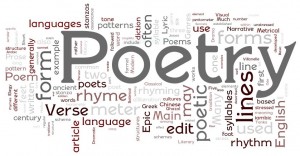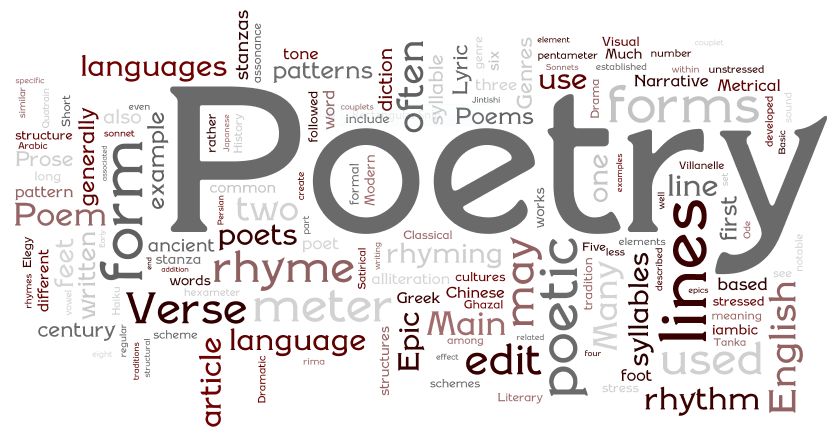I’ve been teaching an “Ethics of Scholarly Inquiry” course to students at my university this summer, and one of the pieces I’ve made them read is a chapter from Herbert McCabe’s Love, Law and Language book. 
It’s one of those books where I think I know what the author’s saying, but every time I go back and read it again, something else comes up. (I read it with my doctoral students a mere three months ago and was totally focused on McCabe’s vision of “natural law.”)
This time around, I was interested in McCabe’s point that ethics isn’t mostly about right versus wrong. He writes:
Ethics is traditionally and almost universally supposed to be concerned with the difference between right and wrong…. This, however, is a mistake: the same kind of mistake as thinking that literary criticism is concerned with the difference between good and bad poems. It is true that a man (sic) may not be thought to have got very far in his literary studies if he does not conclude that some poems are better than others, if, indeed, he does not conclude that some poems are simply atrocious; but that is not the purpose of literary criticism. Its purpose is to enable us to enjoy the poems more sensitively… Now the purpose of ethics is similarly to enable us to enjoy life more by responding to it more sensitively… (94-5)
Of course, when I began teaching the course, the answer my students gave was precisely that ethics is some version of picking right versus wrong, or knowing good versus evil. It’s not that ethics doesn’t involve this – it should! But I worry that we generally have discussions of ethics only in relation to right versus wrong – and as I say in the title, that is such low hanging fruit. Ethics by that measure really isn’t that interesting or helpful.
In this culture of ours, it makes sense that my students think this. Our entrenched political and religious binaries suggest that, obviously, we must make a choice between two things. And, since most of the time, we like to think we’re not really doing anything wrong or bad (cue Christian Smith’s moralistic therapeutic deism studies here), we obviously need to choose the Good Thing. Hence, we have two options and – obviously – we need to choose the good option.
To go alongside the binary options, news stories these days seem to be written in one of two modes: either 1) What were these people thinking because this is so obviously wrong! mode or 2) Is this wrong? mode. As a case in point, we might consider this week’s news. Caitlyn Jenner’s photo on Vanity Fair led to all sorts of discussion and debate across the internet – but other news stories, like the revelation from some Guantanamo Bay prisoners that they might have been even more horribly tortured than we previously thought, go scarcely discussed.
Don’t get me wrong – I think discussing Jenner and torture are both important. But I think that the reason why we are discussing Jenner all over the place, but not discussing torture very much at all have to do with the moral binaries that we tend to think are the sole purposes of ethical discussions. Once we have come to a decision – which we think is the sole end of ethics – we can then move on because we’ve made the choice. Now we just live it.
To put it more baldly, I think we as a culture think that question of torture was more or less decided a (relatively) long time ago, and therefore doesn’t happen now – or at least, the question doesn’t need to be discussed much.
What I mean in saying the debate already happened is this: at some point in every ethics course I teach (it’s already happened this summer), one or more of my students will bring up “The Nazis.” “The Nazis” will refer to the whole World War II period plus the foreground and aftermath – to name with two words the things students already know are evil and which they will aim to avoid at all costs, since that’s the narrative that their parents and grandparents also know.
How to avoid being The Nazis – how to avoid the gradual degeneration of society from requiring yellow stars to herding people to concentration camps, the gas chambers, the horrifying medical experiments – that has been their goal. The more sophisticated arguments might also detail the architecture of the Third Reich and the ways in which an entire people subjected their free will in order to conform. The Nazi narrative almost palpably enables students to say, “Them wrong, Us right.”
It also enables my students to hide behind history and the grand American exceptionalism narratives, because of course the whole point of our lives and theirs has been to AVOID doing anything like what the Nazis did. But my students’ lives, and my life, and most of the lives of most people around them – doesn’t visibly shudder with the kind of evil they think they know. It’s a kind of syllogism: they don’t see a gas chamber or a concentration camp, therefore those kinds of things don’t exist, even if current CIA torture methods suggest otherwise.
Bringing up The Nazis is a trump card – not because it ends debate, but because it enables debate to take place exactly along a very sharp but ultimately truncated line between good and evil. We decided the question – so we don’t have to think about it, or ourselves, anymore.
Ethics, in effect, stops after World War II because, well, “That” happened, and now we avoid it and we’d never be Nazis. The (presumably good) ends justifies the means, whether that’s the War on Terrorism or the spred of libertarian-spiked global capitalism.
We’d rather get into the debate about right and wrong, because that’s what ethics is all about – right?
That’s where I really appreciate Herbert McCabe’s wisdom. I like his analogy of literary criticism to ethics because I think it would be great if we thought more in terms of what it means to be a really great human being, just as we thought more about what it means to write a really excellent poem. What would an excellent human being look like?
If that was the question, I suspect we’d be having rousing conversations about torture – because we’d realize that a discussion of right versus wrong can’t really take place well without also having a discussion about what it means to be an excellent person. Waterboarding wasn’t a Nazi crime – but does a person, or indeed a society, that wants to live sensitively and significantly conduct acts of waterboarding? Answering that question would require conversation about what it means to live sensitively and significantly – which touches on all sorts of aspects of human life that aren’t mostly about right versus wrong, but about good versus good.



